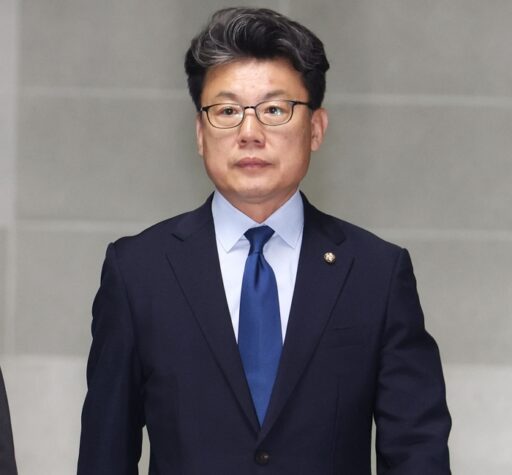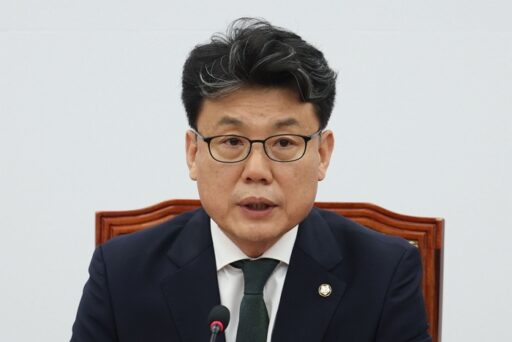Continuing Uncertainty in the Real Estate Market Suggests Possible Tax Measures
Jin Seong-jun, the policy chief of the Democratic Party of Korea, stated that if instability in the real estate market persists, the government might resort to tax measures.
In an appearance on CBS Radio on the 2nd, Jin mentioned that tax policies could be considered as a last resort for stabilizing the real estate market.

Jin emphasized the necessity of tax policies by saying, "The situation in the real estate market is truly severe, and if the time comes for tax measures to follow, is there any reason to adamantly refuse to implement them?"
However, he explained that "it is preferable to prioritize financial measures, supply strategies, and administrative actions if necessary, while tax measures should be considered as a last resort," outlining a step-by-step approach.
Tax Measures as a Last Resort
Addressing the Housing Supply Shortage Issue
Jin expressed concern about the possibility of a housing supply shortage starting from 2025 or 2026, stating, "We need to present supply measures."
He analyzed the situation by saying, "Typically, it takes about three years from the start of construction to move in, and since supply has decreased since the Yoon Seok-yeol administration starting in 2022, we can calculate that the supply shortage begins this year."

As a solution for this issue, Jin asserted, "We must meticulously review and quickly advance the third new town project and public redevelopment project that were not adequately pursued during the previous administration."
He particularly emphasized the activation of public redevelopment, stating, "We need to exert efforts to enhance redevelopment and reconstruction, and if the public steps in, allowing the government to take the lead, wouldn't that accelerate the process?"
Activation of Public Redevelopment
Regarding regulations on private redevelopment and reconstruction, he expressed the view that while a management and supervision system to prevent monopoly of development profits should be maintained, the administrative approval process should be streamlined as much as possible.
After the government announced restrictions on housing mortgage loans, he assessed that the real estate market has "returned to a wait-and-see attitude," predicting that "we will be able to gauge the market situation in about 1 to 2 weeks or 2 to 3 weeks."
Jin voiced his concerns, stating, "Real estate is not used for productive activities," and added, "If non-productive sectors attract circulating funds, then the money that should be flowing to productive sectors ends up in the wrong places."
Image Source: Jin Seong-jun, Policy Chief of the Democratic Party of Korea / News1, News1


